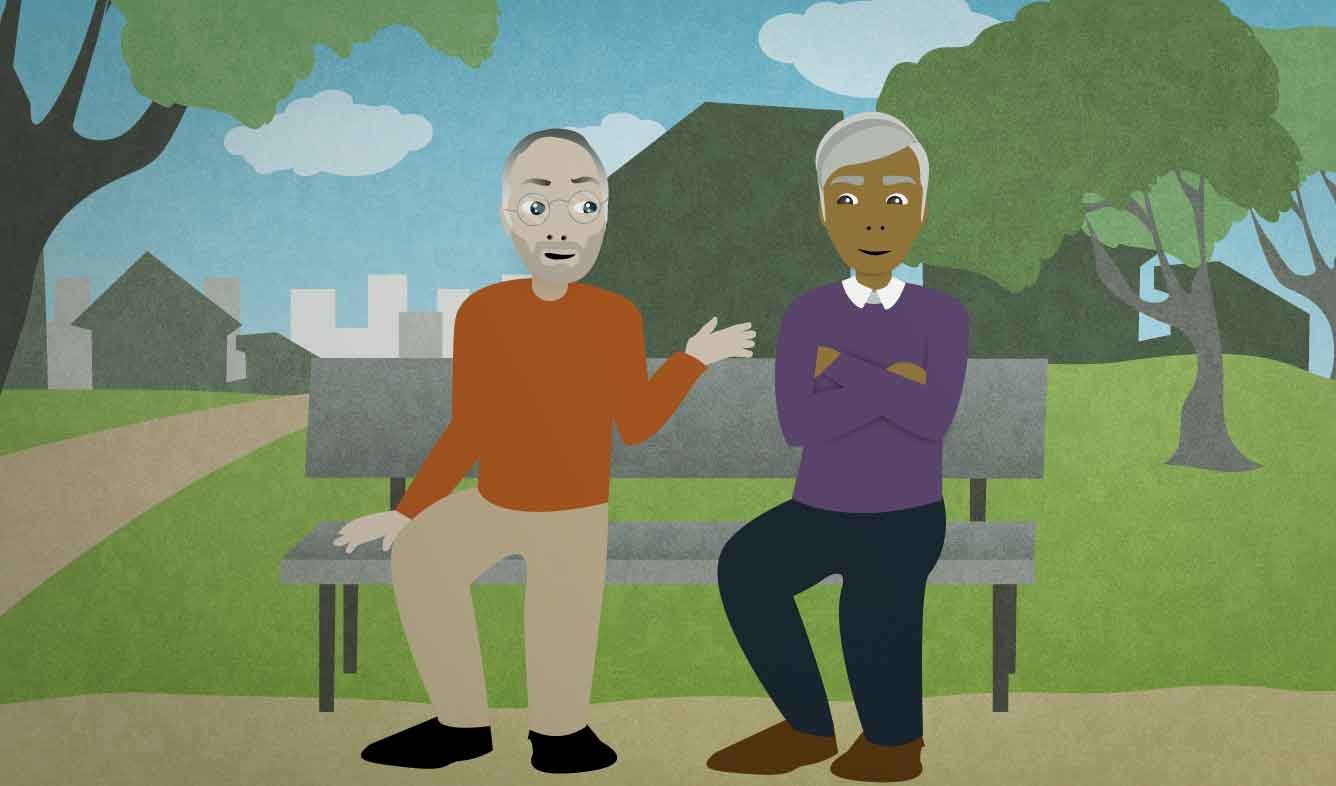“I find that as you get older, you learn what your own strengths and limitations are.”
You're having a conversation with an old friend. You're talking about how your lives have changed since you were younger.
I find that as you get older, you learn what your own strengths and limitations are.
Want Video and Sound? Follow us on YouTube

As (something happens), (something else happens)
Use this kind of grammatical structure to describe two things that happen at the same time. It's most commonly used for two continuing processes that happen together:
As you get older, you learn what your own strengths and limitations are.
"As ___, ___" is good for describing how things work. Here's a technical description of how water boils:
As the temperature of the water rises, some of the water molecules begin to go into a gaseous state.
You can also give formal instructions using "As ____, ____":
As you leave the auditorium, please pick up one of the yellow brochures from the table by the exit.
As you begin your job search, keep in mind that there are a lot of opportunities out there; you don't have to take the first job that you're offered.
I find that (sentence)
You can use the phrase "I find that..." to share an opinion that's based on your experiences. For example, if you drive to work every morning, you might learn how to avoid traffic:
I find that if I leave the house before seven, there's not a lot of traffic.
strengths and limitations
English speakers often talk about "strengths and weaknesses":
Interviewers usually want you to talk about your strengths and weaknesses.
But sometimes you might want to use a different word instead of "weakness". For one thing, "weakness" sounds a little negative. In that case, you can say "strengths and limitations" instead:
All of us have strengths and limitations. We just have to recognize that fact and find ways to improve.
